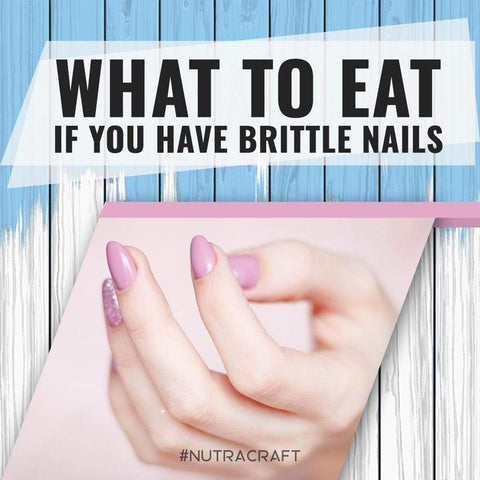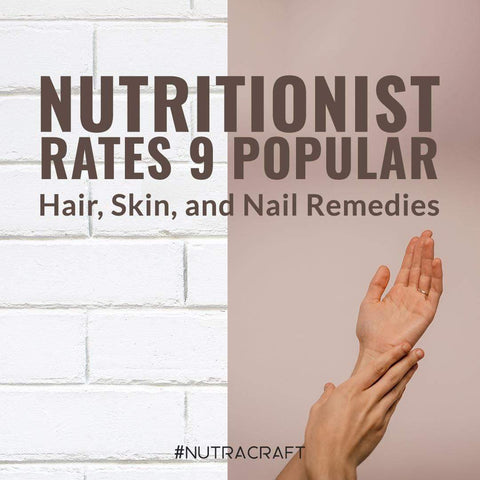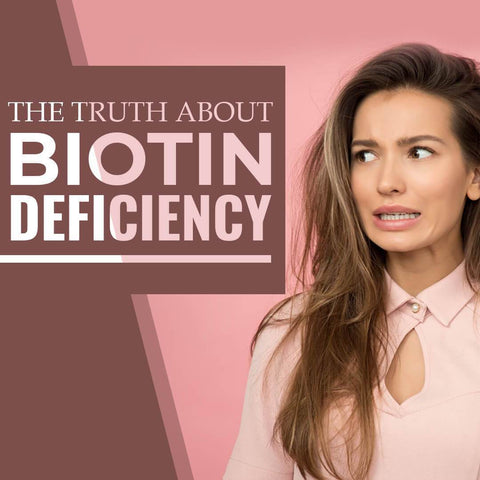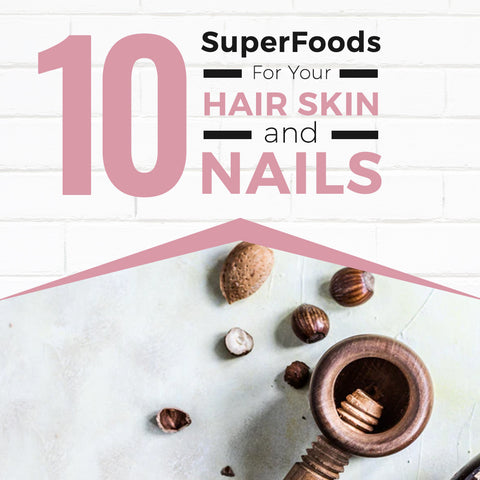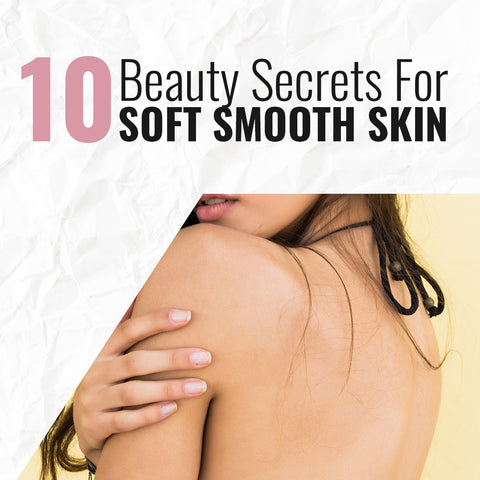
Collagen is one of the most important foundations of your skin. It makes up about 70% of your skin’s protein content and is what gives your skin a more moisturized and youthful look.
Collagen is present in many other connective tissues in your body (cartilage, muscles, blood vessels, and even bones). But the skin is where collagen truly shows. Collagen is what presents your face to the world -- and if you don’t like what you see, a lack of collagen may be the problem.
Collagen Loss = Wrinkles and Sagging
When we’re young, we have lots of collagen. It’s what gives rise to terms like “baby-soft skin”. But as we age, our bodies produce less and less collagen. The foods we eat, as well as environmental toxins like UV rays from the sun also take their toll on our skin.
When collagen is damaged or less is produced, the top layer of the skin (the epidermis) caves in. The collagen infrastructure crumbles and skin begins to look wrinkled. With nothing to help hold up the outer layer, the skin starts to droop and sag, making you look older than you actually are.
So what’s really happening under your skin? Why is the body producing less collagen? Is it just something you have to chalk up to old-age? Let’s take a closer look:
Collagen Fades With Age and Other Factors

Our bodies naturally make collagen, but unfortunately, collagen production generally declines with age. By the time you’re 80, there’s a 75% reduction in collagen generation in your fibroblasts, the skin cells that generate collagen 4.
Hormonal changes that accompany middle age can also dramatically alter collagen production. After women experience menopause, there is a “loss of about 30% of skin collagen in the first 5 years” 3.
Also, collagen and the cells that make it can be damaged in many different ways, including:
- Excessive sun exposure
- Stress
- Consuming too much sugar
- Smoking
- Alcohol
- Consuming too much meat, cooked well-done
- Nutritional deficiencies
- Lack of sleep
- Low antioxidant diet
Luckily, many nutrients can promote the generation of collagen as well as protect this vital protein. Here’s a list of nutrients that help fight the decreasing levels of collagen that happen with age and unhealthy lifestyle habits.
Exclusive Bonus! Download the FREE report ‘How To Grow Strong Nails, Smooth Hair & Soft Skin in 3 Simple Steps’ by clicking here.
Nutritional Remedies for Fading Collagen
1. MSM (Methylsulfonylmethane)

Methylsulfonylmethane, or MSM, is a component of sulfur.
Sulfur is one of the most abundant minerals in your body, and MSM is a great way to supply your body with the sulfur it needsƗ. Sulfur plays a “fundamental role” in the synthesis of collagen and hyaluronic acid (a plumping and moisturizing component naturally found in skin) 1.
Numerous studies have shown improvements in skin quality after MSM usage Ɨ2. The appearance, elasticity, and wrinkling of skin have all shown improvement in these studies 2.
2. Silica
Silica is another abundant mineral in the human body.
Silica is “important for optimal collagen synthesis” and thusly for “improving skin strength and elasticity” Ɨ3
. Scientists have found that silica is needed to activate enzymes that make collagen fibers 3.
The amount of silica typically declines in your body over time 4. This is one reason why your body produces less collagen with age and one reason why supplementing with silica is important.
Supplementation with forms of silica has demonstrated reduced wrinkles in people with aged skin Ɨ3.
3. Hydrolyzed Collagen
The most direct way to have more collagen in your skin is to actually take collagen in supplement formƗ!
Hydrolyzed collagen contains the amino acids that collagen is made of. It’s usually sourced from bovine cartilage, and the collagen in this cartilage has been hydrolyzed, or broken down, into its component amino acids so that your body can absorb these amino acids and generate more collagen from them.
By ingesting the amino acids that are in collagen, your skin cells are stimulated into producing more of its own collagen. Studies have shown that after weeks of using hydrolyzed collagen, skin elasticity and moisture improves Ɨ5. Other studies have demonstrated a reduction in wrinkles Ɨ6.
These positive results on skin health point clearly to the fact that more collagen is produced as a result of taking hydrolyzed collagen.
4. Zinc

The mineral zinc is another tool for promoting healthy collagen productionƗ. Studies have shown various collagen-promoting effects of zinc. It can calm down enzymes that break down collagen, and evidence demonstrates that it stimulates collagen production as well Ɨ7,8,9.
5. Gotu Kola
This herb has been traditionally used in Asian cultures. Its leaves and stems have long been known to boost memory and mood, and accelerate wound healing.
Modern researchers have witnessed firsthand the effect of gotu kola on the healing of wounds.
Part of the reason that this herb works so well in helping repair wounds is that it increases collagen production to seal up cuts Ɨ10.
Gotu kola also stimulates the creation of new fibroblasts, the cells that generate collagen 10. And it does this when taken orally!
6. Vitamin C

Vitamin C plays a fundamental role in your skin’s health. Researchers describe it this way: “Normal skin contains high concentrations of vitamin C, which supports important and well-known functions, stimulating collagen synthesis and assisting in antioxidant protection against UV-induced photodamage” Ɨ11.
So let that sink in. Vitamin C is critical for collagen formation (collagen-producing enzymes need vitamin C to fulfill their duties), and some vitamin C is actually stored in your skin to help protect against sunrays that damage collagenƗ.
7. Vitamin B6
Vitamin B6 is crucial for generating the strong proteins that make up much of your skin. Research has shown that vitamin B6 deficiency results in reduced collagen synthesis in the body, which makes for sagging wrinkled skin that loses its youthful firmness and ability to retain moisture Ɨ12,13.
8. Bioflavonoids
Bioflavonoids (antioxidants in fruits, vegetables, and plants in general) help protect your skin from the damaging effects of the environment Ɨ14. An extra benefit to your skin is that these antioxidants can prevent the breakdown of collagen by certain enzymesƗ 15.
9. Alpha Lipoic Acid (ALA)
This amazing antioxidant can help protect collagen against vicious forms of damage like that of cigarette smokeƗ 16. And in 2010, researchers proved that ALA “enhances the biosynthesis of new collagen” and has “potential applications in the treatment of aging skin” Ɨ17.
Do I Really Need All These Things to Enjoy Healthier, More Vibrant Skin?
There’s no shortage of skin creams, ointments and other treatments that may include some of the ingredients you’ve read about here, like hyaluronic acid or vitamin C.
But most of these creams only treat surface areas of the skin. They do nothing for the skin’s ‘infrastructure” -- the collagen production itself, which is what you need for softer, moisturized, more youthful-looking skin.
These expensive skin creams and masks are like draping a fresh coat of paint over a dilapidated and crumbling building -- it may look nice from the outside, but the inside is crying out for help --
Nutritional help.

The good news is, you can take steps today to help restore and promote collagen production in your body, no matter what your age! With Nutracraft’s Hair, Skin and Nails formula, all of the vitamins and minerals you need for stronger, healthier hair, skin and nails are provided in all the right amounts, so you never have to worry about taking too much or too little.
What’s more, Hair, Skin and Nails by Nutracraft also contains key, clinically-researched herbal extracts like grapeseed and gotu kola, which have been extensively studied for their unique skin-loving, hair and nail-growth stimulating properties.Ɨ ‘’
If you’re ready to start reversing the clock on aging and ready to give your body the nutrition it craves, take steps today to get the soft, youthful-looking appearance you deserve!
(Click here to learn more about Hair, Skin and Nails, and take advantage of a valuable offer!)




